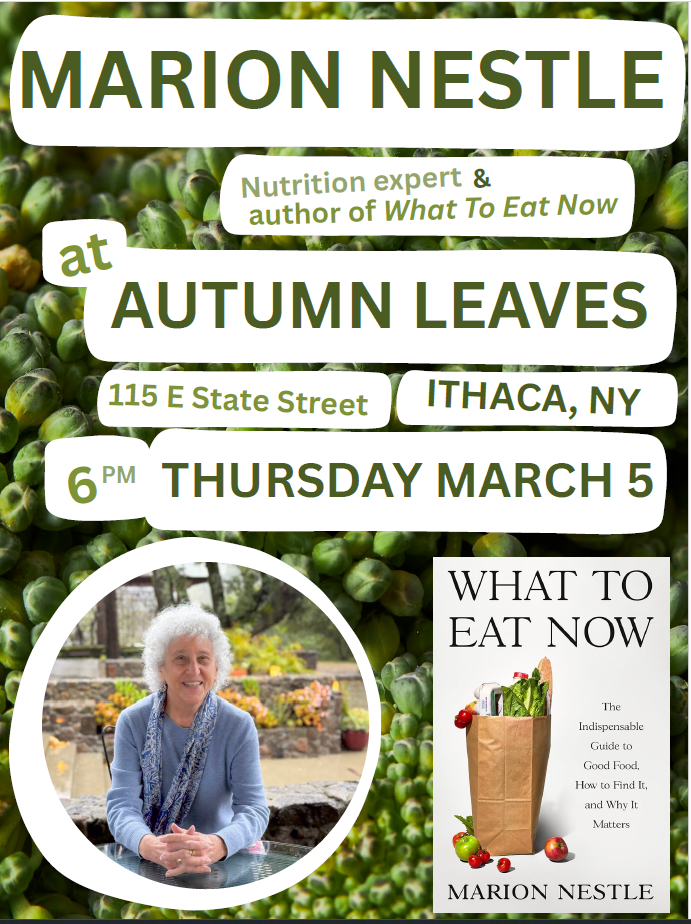Danish groups oppose European food ranking system
Several Danish consumer groups have banded together to oppose the food industry-backed GDA system for ranking the nutritional quality of processed foods. The GDA (the Guidance Daily Amount) system is already in use on some products and food industry groups want it required for all European Union food labels. Of course food companies want it. It doesn’t use the U.K.’s red/yellow/green traffic light system that encourages people to avoid the red-labeled products.
The “Stop GDA” campaign argues that the GDA system encourages purchases of processed foods at the expense of the real foods. It has produced a clever pamphlet to back up this argument. Its criticisms apply just as well to all scoring systems for food products, except the traffic lights.


